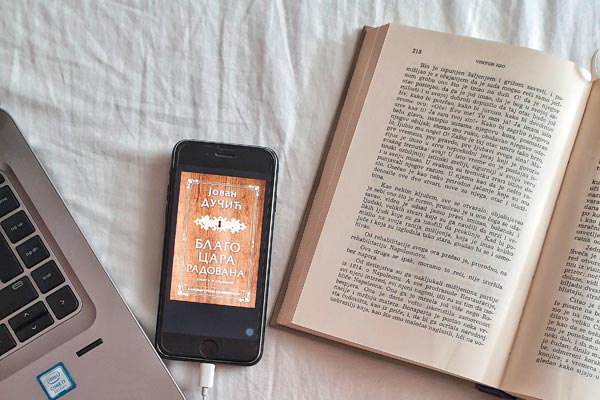2023年北京卷
B
Sitting in the garden for my friend’s birthday. I felt a buzz (振动) in my pocket. My heart raced when I saw the email sender’s name. The email started off: “Dear Mr Green, thank you for your interest” and “the review process took longer than expected.” It ended with “We are sorry to inform you…” and my vision blurred (模糊). The position—measuring soil quality in the Sahara desert as part of an undergraduate research programme — had felt like the answer I had spent years looking for.
I had put so much time and emotional energy into applying, and I thought the rejection meant the end of the road for my science career.
So I was shocked when, not long after the email, professor Mary Devon, who was running the programme, invited me to observe the work being done in her lab. I jumped at the chance, and a few weeks later I was equally shocked—and overjoyed—when she invited me to talk with her about potential projects I could pursue in her lab. What she proposed didn’t seem as exciting as the original project I had applied to, but I was going to give it my all.
I found myself working with a robotics professor on techniques for collecting data from the desert remotely. that project, which I could complete from my sofa instead of in the burning heat of the desert, not only survived the lockdown but worked where traditional methods didn’t. In the end, I had a new scientific interest to pursue.
When I applied to graduate school, I found three programmes promising to allow me to follow my desired research direction. And I applied with the same anxious excitement as before. When I was rejected from one that had seemed like a perfect fit, it was undoubtedly difficult. But this time I had the perspective (视角) to keep it from sending me into panic. It helped that in the end I was accepted into one of the other programmes I was also excited about.
Rather than setting plans in stone, I’ve learned that sometimes I need to take the opportunities that are offered, even if they don’t sound perfect at the time, and make the most of them.
24. How did the author feel upon seeing the email sender’s name?
A. Anxious. B. Angry. C. Surprised. D. Settled.
25. After talking with Professor Devon, the author decided to ________.
A criticise the review process B. stay longer in the Sahara Desert
C. apply to the original project again D. put his heart and soul into the lab work
26. according to the author, the project with the robotics professor was ________.
A. demanding B. inspiring C. misleading D. amusing
27. What can we learn from this passage?
A. An invitation is a reputation. B. An innovation is a resolution.
C. A rejection can be a redirection. D. A reflection can be a restriction.
答案解析:
24. A.根据文章中的"My heart raced when I saw the email sender’s name."可知,作者看到邮件发送者的名字时,心跳加速,这表明他感到焦虑。选项A与文章内容相符。
25. D. 根据文章中的"What she proposed didn’t seem as exciting as the original project I had applied to, but I was going to give it my all."可知,尽管提议的项目不如最初申请的项目令人兴奋,但作者决定全力以赴。选项D与文章内容相符。
26. B. 根据文章中的"That project, which I could complete from my sofa instead of in the burning heat of the desert, not only survived the lockdown but worked where traditional methods didn’t."可知,这个项目不仅让作者在封锁期间能够继续工作,而且在传统方法无效的情况下取得了成功,这表明该项目是鼓舞人心的。选项B与文章内容相符。
27. C. 根据文章的整体内容,作者最初被拒绝后,最终找到了新的研究方向,并且被另一个研究生项目录取。这表明,一次拒绝可以成为重新定位的机会。选项C与文章内容相符。








